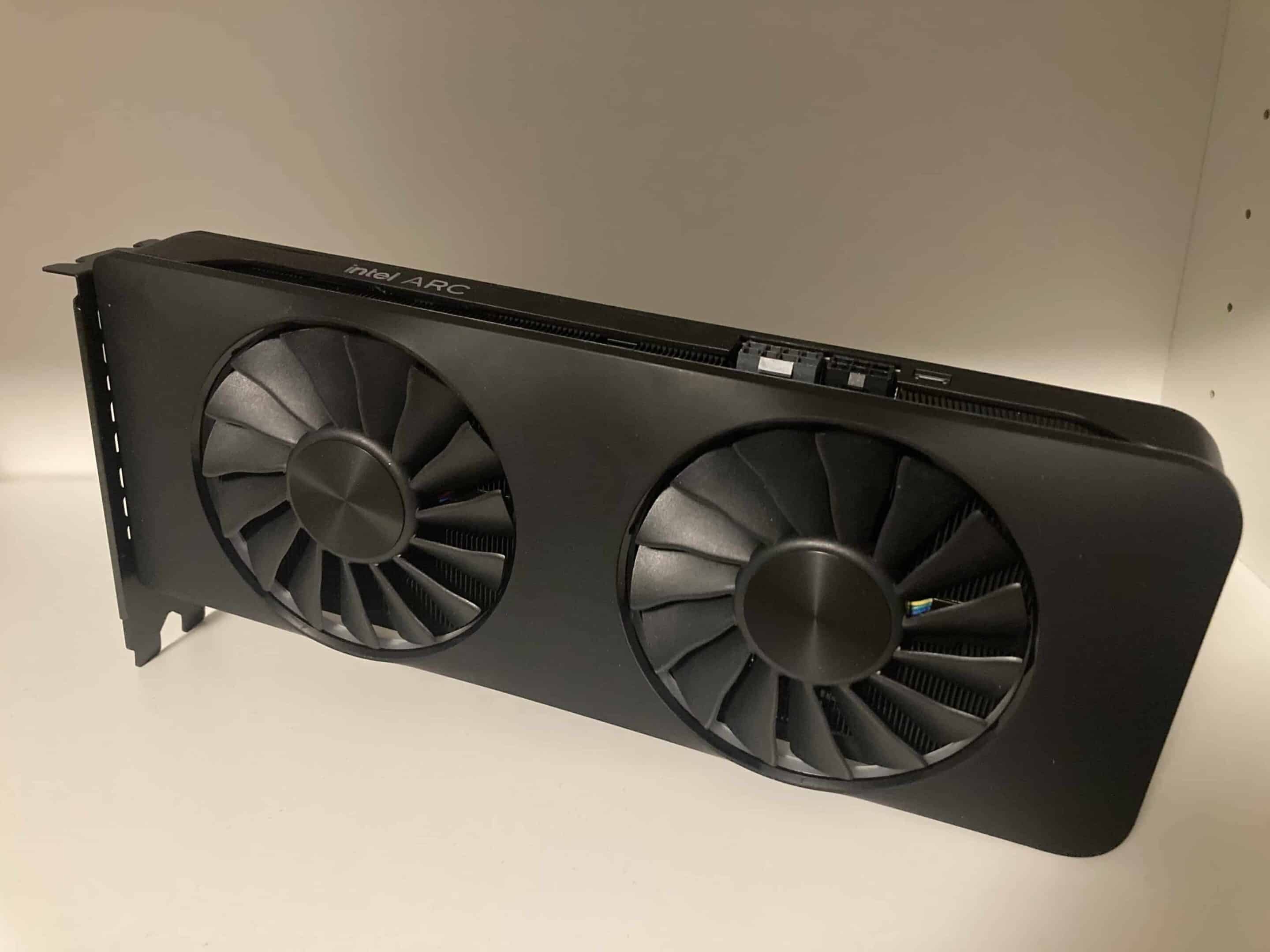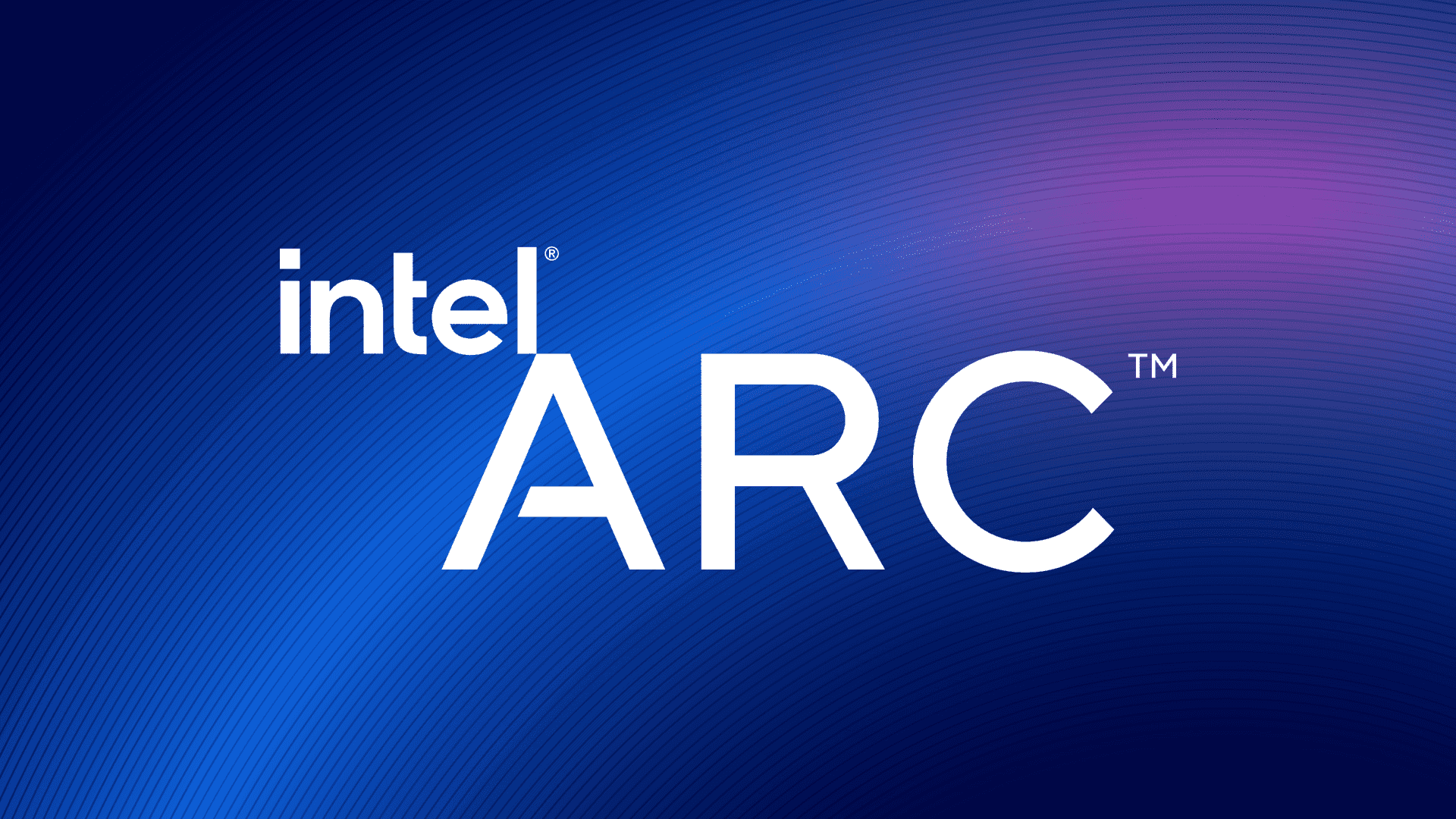Intel is getting ready to launch its next-generation Arc ‘Battlemage’ GPUs. These new GPUs are expected to come out before the holiday season and are based on the Xe-HPG architecture. They will offer performance similar to some of today’s mid to high-tier options, like the Nvidia RTX 4070. The GPUs are made using TSMC’s N4 process. Intel’s entry into the discrete graphics card market is a strategic move to compete with Nvidia and AMD. The Battlemage series could offer good performance at a competitive price.
Understanding Intel Battlemage and Its Competitors
Intel Battlemage, the anticipated second generation of Intel Arc discrete graphics cards, promises a significant performance leap over its predecessors. But how will it stack up against its main competitors from AMD and Nvidia? Let’s dive in!
⚔️ Battlemage vs. the Competition
Intel has not yet released official specifications, so any comparisons must be based on leaks and industry projections. Here’s a look at how Battlemage may potentially size up against rumored equivalents from Nvidia and AMD:
| Specification | Intel Battlemage (Rumored) | Nvidia RTX 40 Series (Approx. Equivalent) | AMD Radeon RX 7000 Series (Approx. Equivalent) |
|---|---|---|---|
| GPU Architecture | Xe2-HPG | Ada Lovelace | RDNA 3 |
| Manufacturing Process | TSMC N4 | TSMC N4 | TSMC N5 |
| Rumored Performance | Competitive with mid to high-end GPUs | RTX 4070 to RTX 4080 range | RX 7700 XT to RX 7800 XT range |

Important Notes:
- These are rough estimations based on leaks and rumors. Actual performance may differ.
- Graphics card performance depends on many factors besides raw specifications, such as driver optimization and game-specific features.
💰 Price and Availability
Price will be key to Battlemage’s success. Intel will need to be competitive with Nvidia and AMD in the mid to high-end segment where most gamers seek value.
Intel has not announced a target release window for Battlemage, but it’s expected to launch sometime in 2025.
🌟 What This Means for Gamers
The arrival of Intel Battlemage could shake up the graphics card market. Here’s why:
- Increased Competition: Battlemage could force Nvidia and AMD to lower prices or offer enhanced features to stay competitive.
- More Choices for Gamers: With a third player in the mix, gamers may find better performing graphics cards for their money.
- Potential for Innovation: Intel could bring new features unique to Arc graphics cards.
🔮 The Bottom Line
Intel Battlemage has the potential to disrupt the GPU market, but it remains to be seen if the final products can deliver on the rumored performance and competitive pricing. The graphics card landscape is set to be even more exciting with this addition!
Key Takeaways
- Intel’s Arc ‘Battlemage’ GPUs aim to compete in the high-performance gaming sector.
- The GPUs will use TSMC’s N4 process and target performance similar to Nvidia’s RTX 4070.
- Intel’s strategic timing and technology could attract young professionals and gaming enthusiasts.
Intel Battlemage At A Glance
| Category | Current Rumor/Leak | Details |
|---|---|---|
| Release Date | Early 2025 | |
| Performance Target | RTX 4070 Ti – RTX 4080 (depending on model) | Leaks suggest two possible performance tiers. |
| Core Architecture | Xe2 | Successor to the Xe architecture in current Arc Alchemist GPUs. |
| Core Count | Up to 64 Xe2 cores (rumored) | Double the cores of Arc Alchemist. |
| Die Size | Similar to RTX 4080 (rumored) | Suggesting high-end model may be comparable in complexity. |
| Process Node | TSMC N4 (rumored) | More advanced than the N6 process used in Arc Alchemist. |
| Memory Interface | 256-bit (rumored) | Similar to RTX 4080. |
| L2 Cache | 48 MB (rumored) | 3x larger than Arc Alchemist. |
| Ray Tracing | Improved performance (rumored) | Details unclear. |
| Direct Equivalent | No direct equivalent yet | Intel will likely offer multiple models with different performance levels. |
Additional Notes:
- There are conflicting reports about the performance targets and release date of Battlemage.
- It is unclear if Intel will release a direct equivalent to any specific Nvidia or AMD GPUs.
- More information will likely be released closer to the launch date.
Technical Overview and Launch Details
Intel’s Arc Battlemage GPUs are set to redefine the gaming and graphics landscape. They represent Intel’s second generation of dedicated graphics cards, poised to compete with Nvidia and AMD’s offerings.
Battlemage GPUs Architecture and Roadmap
Battlemage GPUs leverage the Xe2-HPG architecture, tailored for gaming performance. They build on the foundation laid by the Alchemist GPUs. The roadmap confirms Intel’s commitment to advancing its graphics line.
Performance Metrics and Comparisons
Intel suggests Battlemage targets the performance level of Nvidia’s RTX 4070. With gaming in sharp focus, features like ray tracing and a robust memory system bolster its competitive edge.
Manufacturing Advances and Market Strategy
Produced using TSMC’s N4 process, Battlemage benefits from the latest silicon trends. With key gaming periods in sight, Intel plans a strategic launch to capture market attention alongside CPUs.

Release and Availability
Intel aims to release the Arc Battlemage GPUs in 2025, likely around CES 2025.
Software and Ecosystem Support
Software support and a well-designed ecosystem are critical in leveraging the full potential of new hardware. For Intel’s Battlemage GPUs, this means ensuring optimized drivers and software compatibility, supporting both gaming and professional applications, and engaging with the community to shape perceptions positively.
Driver Optimization and Software Compatibility
The performance of a dedicated graphics card like Intel’s Battlemage hinges on continuous driver updates. Intel engineers work to refine these drivers, aiming to improve compatibility with a broad range of software and games. This is good news for gamers and professionals alike who rely on DirectX 9 and DirectX 11 support for their applications. Regular driver refreshes not only bring necessary improvements but also help fix any existing software issues.
Gaming and Professional Applications
For gaming, the quality of drivers can make a significant difference. High-end Battlemage GPUs are designed to compete in the desktop GPU market, where gamers expect top-notch performance. Gaming labs and tech reviewers from sites like Tom’s Hardware test these cards, providing feedback that can lead to improved gaming experiences. Professional applications also benefit from strong software ecosystems, with industry-specific optimizations that can unlock the graphics card’s full potential.
Community Engagement and Industry Perception
Engagement with the tech community is vital. Leaks, rumors, and reviews on platforms like RedGamingTech shape the public’s perception of new technology. Positive community reaction can translate to better sales and a stronger position in the market. Intel’s focus on engagement, with spokespersons like Tom Petersen, helps in conveying their commitment to delivering a competitive and reliable ecosystem for the Battlemage series.
Frequently Asked Questions
In this section, you’ll find concise answers to common questions about Intel’s Battlemage GPUs. Whether you’re curious about release dates, specs, pricing, or comparisons, the information here aims to clarify.
What is the expected release date for Intel Battlemage?
Leaks suggest Battlemage GPUs by Intel could be announced before the end of the current year. However, an official release date is not yet confirmed by Intel.
How does Intel Battlemage performance compare to its gaming competitors?
Intel’s Battlemage series is said to bring significant advancements in GPU technology. Expectations are high that it will compete strongly with existing gaming GPUs, but real-world performance remains to be seen.
What are the detailed specifications of the Intel Battlemage GPU?
Recent leaks mention two Battlemage models with names like G10 and G21. Details such as an 11.6GB memory capacity and a clock speed of 1.8GHz have surfaced, though Intel has not officially verified these specs.
What is the anticipated price point for Intel Battlemage upon release?
Pricing for the Battlemage series has not been officially disclosed. Prices will likely be competitive with current market offerings, aspiring to attract gamers and professionals alike.
Has Intel made any announcements regarding the future of the Arc series after Battlemage?
Intel has not made specific announcements about what follows Battlemage in the Arc series. They are, however, showing a clear commitment to the GPU market with ongoing development.
What GPUs are considered comparable to Intel Battlemage in the current market?
Until Battlemage is released and benchmarks are available, it’s tough to make direct comparisons. Intel aims to position Battlemage in line with prominent gaming GPUs, potentially challenging Nvidia and AMD’s recent offerings.







